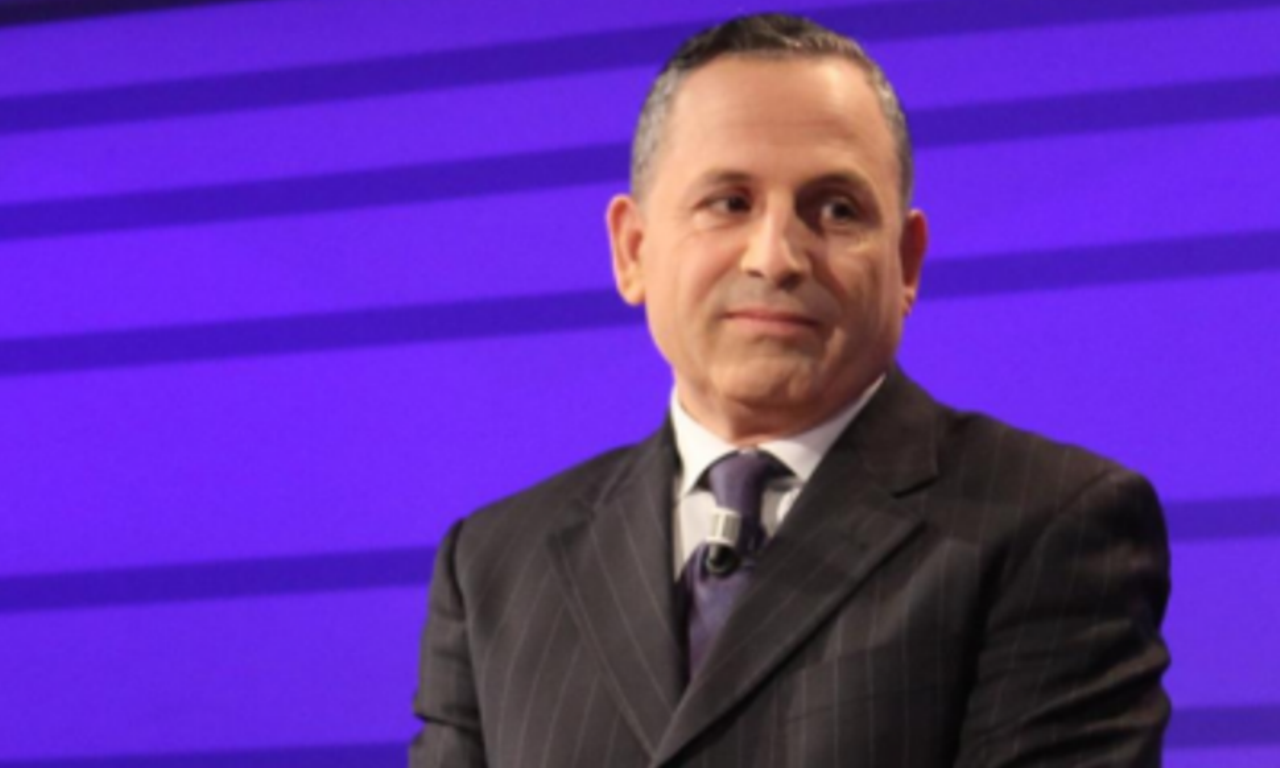
By ROLAND QAFOKU
The culminating point of the meeting that democrat leader Lulzim Basha had with reporters on Saturday was when he criticized them. Worried about the state of the media, he reminded me of the concern that the 44th US president, Barack Obama expressed when he publicly accepted: “I’m what the media says I am”. But the way and the form that Lulzim Basha chose to voice this was different. While stressing the lack of freedom and the state control on the media, the democrat leader said:
“The main problem that the media has is its inability to reflect deep social, economic and political problems. This makes journalists superficial chroniclers, instead of them investigating. If it weren’t for politicians, media would be unable to denounce anything. They tell us that we’ve become like the media and that we fill a big gap left by it. The opposition has conducted more investigations than the media has”.
Every journalist faces such criticism at least once in his career, but he would expect it to come from the editor-in-chief and not by a politician.
But is it normal for the opposition leader to criticize the professional side of the media? It’s true that the Democratic Party is in opposition and that there’s some sort of interference between the media and the opposition, but let us not forget that this opposition is preparing to come into power, while the media is and will also criticize the government. So how can the media forge an alliance with a political force that will come into power tomorrow? There are at least 5 issues for which the democrat leader must show that he has a different approach.
First, before criticizing the work done by journalists, Basha should have proven that he was serious about changing the state of the media. Not only must Basha offer more security for journalists, but he must also make it clear for his subordinates that whenever they have problems with reporters, he will always be in the side of journalism.
Secondly, Basha must offer transparency in every aspect. He promised this and we hope it will happen soon, because let’s face it: the Democratic Party has more or less functioned the same way the Socialist Party has: the news stories that news desks receive are already made. The only difference that exists between these two parties is that the socialist leader has his own personalized channel, ERTV.
Thirdly, Basha needs to show that he has a clear platform on the relations that the Democratic Party will have with the media in general. This sort of platform is lacking, but it’s more than necessary. Will he have preferential journalists? What’s more important is the fact that Basha needs to have a press room where he can have an open and professional communication with the media. Basha must show that this situation will change and that the complaints that reporters make about his press office, are addressed and not ignored.
Fourthly, Basha needs to show that once he comes into power, he will behave differently from the current ruling party. He must show that he will never call media owners to complain about news stories which are published.
Fifthly, Basha needs to understand that the media cannot be regulated by politics. On the contrary, media is self-regulated. Its mission is and will always be to criticize politicians and the government. Or even those who want to come into power. Basha himself said that it’s impossible for the media to survive in an independent way. However, can he give us assurances that this will change once he comes into power?





 ALB
ALB
 ENG
ENG
